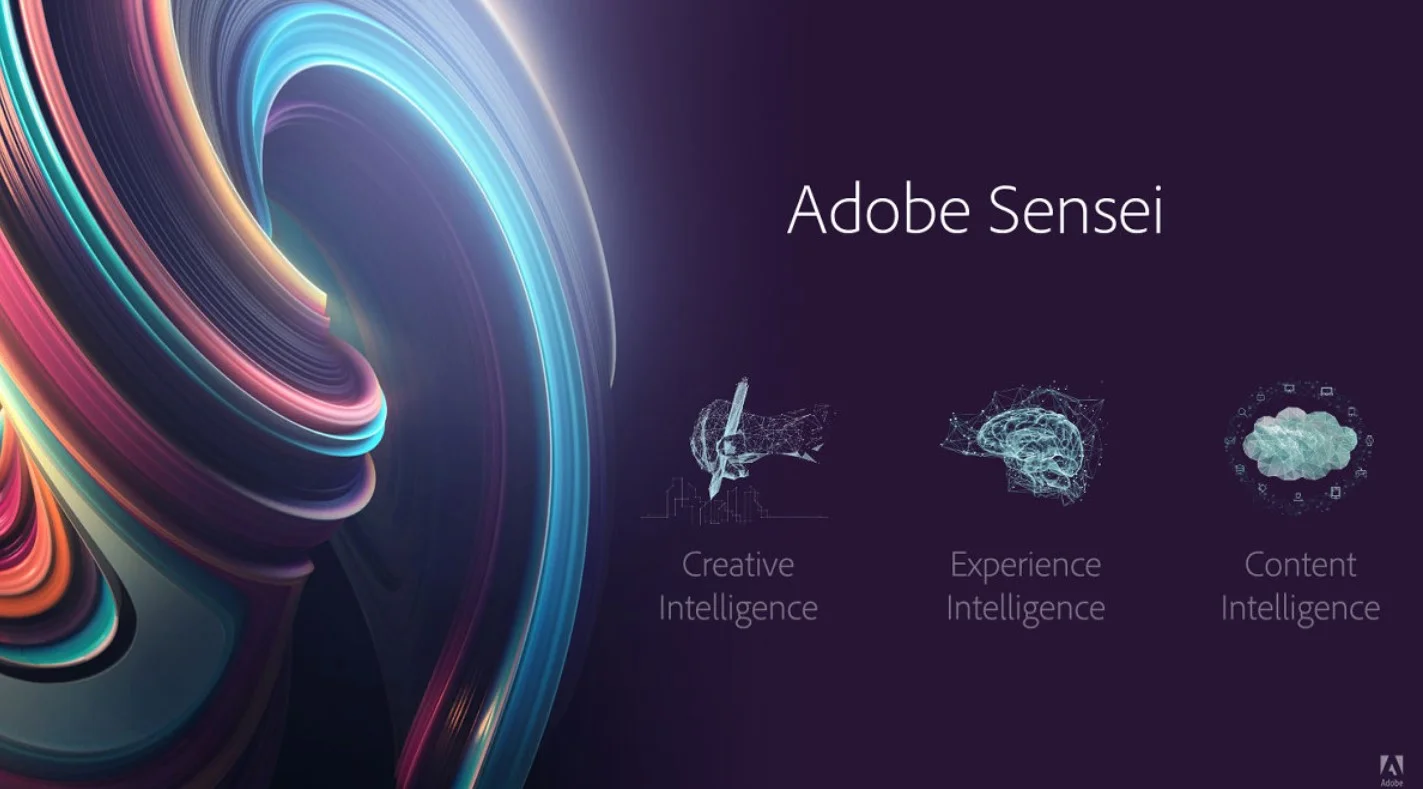
Adobe Sensei for Commerce: Complete Buyer's Guide
AI-powered personalization capabilities natively integrated within Adobe Commerce
Adobe Sensei for Commerce delivers AI-powered personalization capabilities natively integrated within Adobe Commerce, targeting mid-market to enterprise retailers seeking unified commerce intelligence without third-party dependencies[40][41][47].
Market Position & Maturity
Market Standing
Adobe Sensei for Commerce operates within Adobe's established enterprise software ecosystem, leveraging the company's significant market presence in digital experience and commerce platforms[54].
Company Maturity
Adobe's market maturity is evidenced by its established customer base of existing Adobe Commerce users who benefit from seamless integration without architectural changes[42][44].
Growth Trajectory
The platform targets the mid-market to enterprise segment, with entry costs around $20,000 annually for businesses under $1 million GMV, scaling to $40,000-$60,000 for mid-market retailers[54].
Industry Recognition
Industry recognition comes through customer success stories like Rocky Brands' 74% year-over-year revenue growth, though attribution to Sensei specifically requires independent verification[49].
Strategic Partnerships
Adobe's strategic partnerships within the commerce ecosystem and continued investment in AI capabilities suggest strong long-term viability[54][58].
Longevity Assessment
As part of Adobe's broader AI initiative, Sensei benefits from substantial R&D investment and integration with Adobe's comprehensive martech stack, providing stability and long-term viability for enterprise customers[40][54].
Proof of Capabilities
Customer Evidence
Rocky Brands achieved 74% year-over-year revenue growth following Adobe Sensei implementation, with their ecommerce director noting "Sensei's recommendations drove 30% higher search revenue" while acknowledging that "initial setup required 6 months of data cleansing"[49].
Quantified Outcomes
Adobe reports 25% higher average order value from recommendation implementations across their customer base, with segmentation enabling hyper-relevant offers based on real-time customer behavior[40][56].
Case Study Analysis
Fashion retailers utilizing visual search capabilities report measurable improvements in customer experience, with one documented case study showing 18% return reduction through improved product discovery enabled by computer vision-based recommendations[57].
Market Validation
Customer evidence consistently highlights reduced manual merchandising effort as a primary benefit, with automated rules-based sorting replacing time-intensive manual workflows[48].
Reference Customers
Enterprise customers receive dedicated technical account managers and report positive experiences with native integration, eliminating API-based middleware and third-party connector requirements[42][44][53].
AI Technology
Adobe Sensei for Commerce operates through three sophisticated AI engines that process behavioral and catalog data in real-time to deliver personalized commerce experiences[41][47].
Architecture
The platform's architecture provides native Adobe Commerce integration, eliminating middleware complexity and providing unified data architecture for behavioral and catalog synchronization[42][44].
Primary Competitors
Enterprise competitors like BrightEdge while maintaining distance from SMB-focused solutions[54].
Competitive Advantages
Primary competitive advantage lies in native Adobe Commerce integration, eliminating middleware complexity and providing unified data architecture for behavioral and catalog synchronization[42][44].
Market Positioning
Adobe Sensei for Commerce operates within Adobe's established enterprise software ecosystem, leveraging the company's significant market presence in digital experience and commerce platforms[54].
Win/Loss Scenarios
Competitive win scenarios favor Adobe Sensei when organizations prioritize native integration over deployment speed, require visual search capabilities unavailable elsewhere, and operate within existing Adobe ecosystems[42][45][54].
Key Features

Pros & Cons
Use Cases
Pricing
Featured In Articles
Comprehensive analysis of SEO for Ecommerce for Ecommerce businesses and online retailers. Expert evaluation of features, pricing, and implementation.
How We Researched This Guide
About This Guide: This comprehensive analysis is based on extensive competitive intelligence and real-world implementation data from leading AI vendors. StayModern updates this guide quarterly to reflect market developments and vendor performance changes.
58+ verified sources per analysis including official documentation, customer reviews, analyst reports, and industry publications.
- • Vendor documentation & whitepapers
- • Customer testimonials & case studies
- • Third-party analyst assessments
- • Industry benchmarking reports
Standardized assessment framework across 8 key dimensions for objective comparison.
- • Technology capabilities & architecture
- • Market position & customer evidence
- • Implementation experience & support
- • Pricing value & competitive position
Research is refreshed every 90 days to capture market changes and new vendor capabilities.
- • New product releases & features
- • Market positioning changes
- • Customer feedback integration
- • Competitive landscape shifts
Every claim is source-linked with direct citations to original materials for verification.
- • Clickable citation links
- • Original source attribution
- • Date stamps for currency
- • Quality score validation
Analysis follows systematic research protocols with consistent evaluation frameworks.
- • Standardized assessment criteria
- • Multi-source verification process
- • Consistent evaluation methodology
- • Quality assurance protocols
Buyer-focused analysis with transparent methodology and factual accuracy commitment.
- • Objective comparative analysis
- • Transparent research methodology
- • Factual accuracy commitment
- • Continuous quality improvement
Quality Commitment: If you find any inaccuracies in our analysis on this page, please contact us at research@staymodern.ai. We're committed to maintaining the highest standards of research integrity and will investigate and correct any issues promptly.